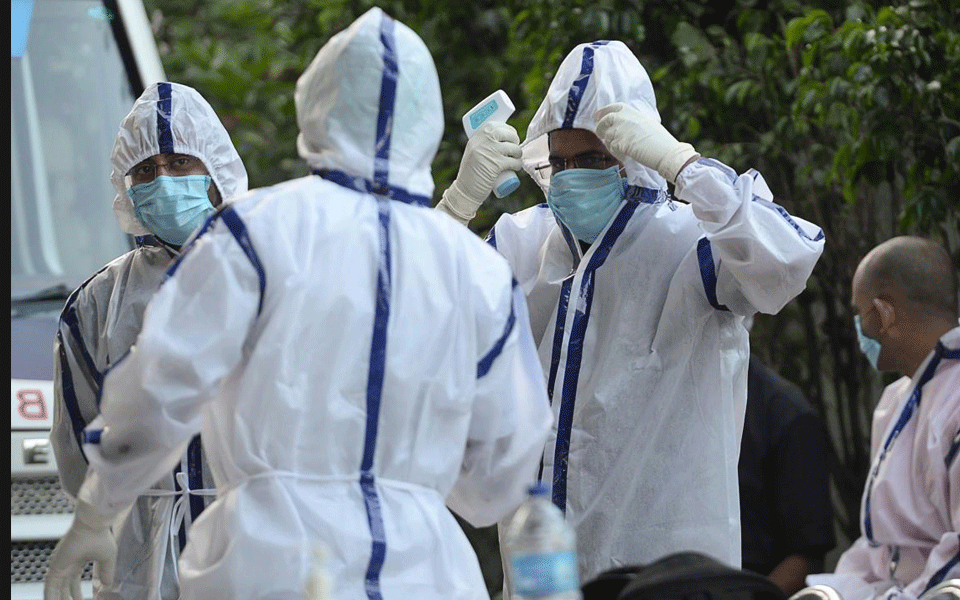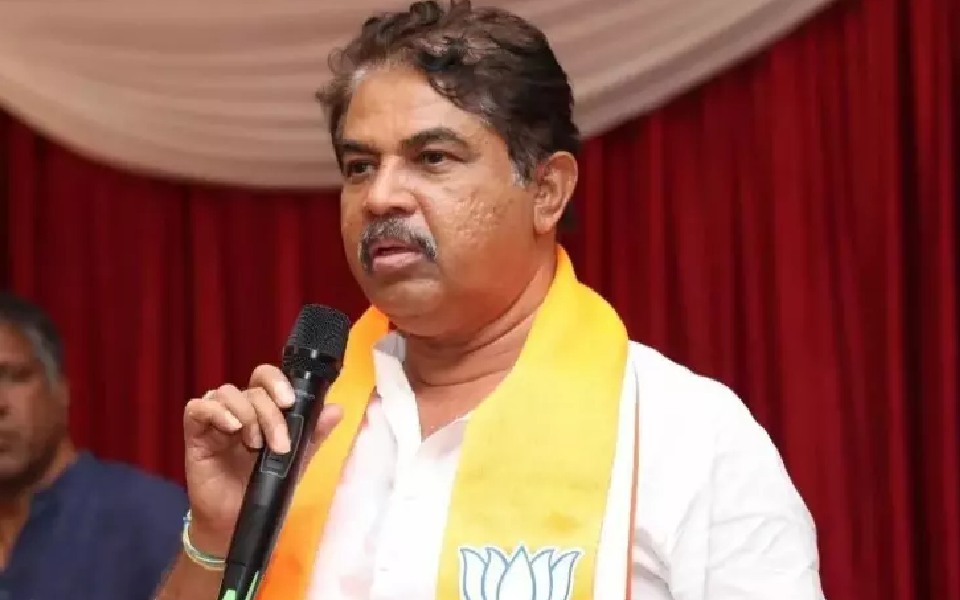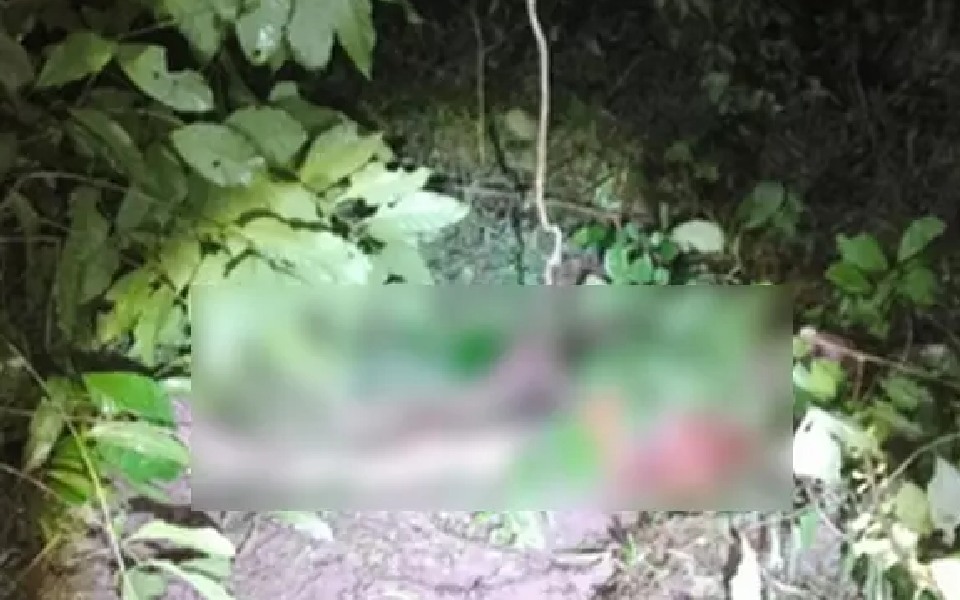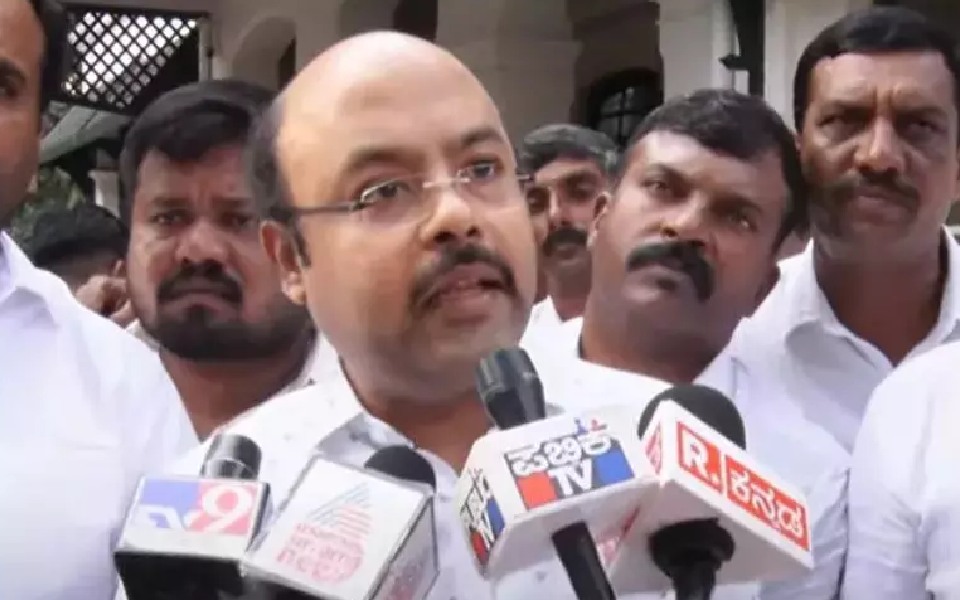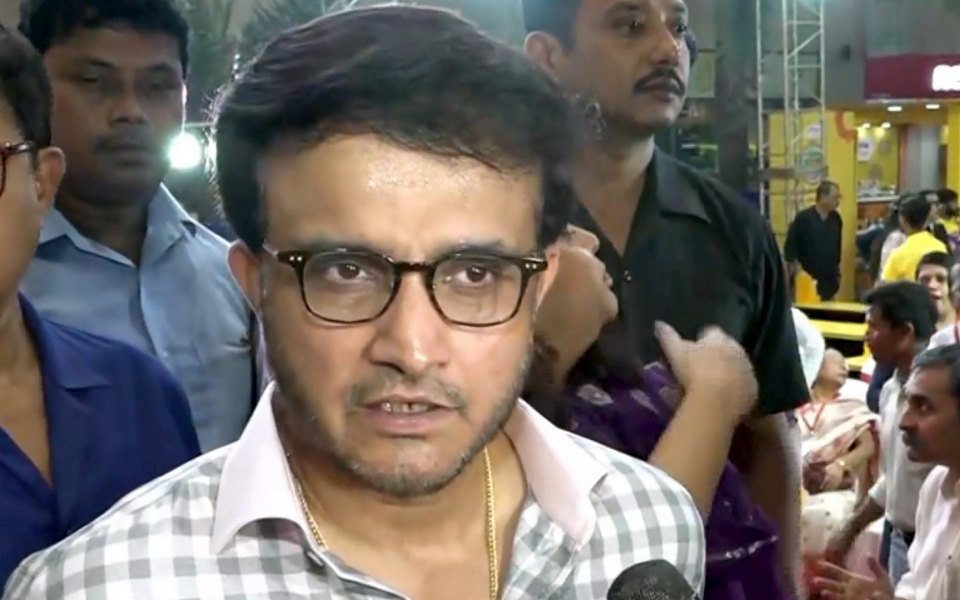New Delhi: Around 40 cases of the Delta plus variant, classified as a variant of concern (VOC), have been detected sporadically in Maharashtra, Kerala and Madhya Pradesh, the Union Health Ministry said on Wednesday.
Delta variant as well as all Delta sub-lineages including Delta plus are classified as VOC, it said.
"As of now among the samples sequenced (45000+) in India, Delta plus variant -- AY.1 --has been observed sporadically in Maharashtra, Kerala and Madhya Pradesh, with around 40 cases identified so far and no significant increase in prevalence," the ministry said in its statement.
These three states have been advised to strengthen surveillance and take appropriate public health measures.
After the report of AY.1 by the Public Health England (PHE) on June 11, retrospective analysis of samples revealed the first occurrence of this lineage from a sample collected from Maharashtra. The sample was collected on April 5.
As of June 18, 205 sequences of AY.1 lineage was detected worldwide, with the USA and the UK having over half of the known cases, the statement said.
INSACOG had recently identified a viral variant (delta, B.1.617.2). This viral variant has also been seen in nine other countries of the world.
INSACOG is an Indian consortium of 28 labs, established by the Government of India to carry out genome sequencing of the virus causing the COVID-19 pandemic.
The World Health Organisation has introduced a classification as VOC (variant of concern) and VOI (variant of interest), with the evolution of several variants around the globe.
Delta variant as well as all Delta sub-lineages including Delta Plus are classified as VOC, the statement said.
The Indian SARS-CoV-2 Genomic Consortia (INSACOG)reported the evolution of Delta plus variant (B.1.617.2) + K417N lineage of SARS-CoV2 called as B.1.617.2.1/ AY.1.
The Delta plus variant B.1.617.2.1/ (AY.1) is characterized by the K417N mutation in spike protein, the statement said.
The spike protein aids the virus to gain receptor-mediated entry into human cells. K417N corresponds to the change of amino acid lysine (K) to asparagine (N) at the 417th position of spike protein. There are other Delta plus variants with other mutations.
The AY.1 is the most well-known, but these are not identical. A second clade found in sequences uploaded to GISAID from the USA, is now designated AY.2, but is not seen in India yet, the statement said.
"All Delta sub-lineages are treated as a variant of concern VOC, although properties of AY.1 are still being investigated. Currently, the variant frequency of AY.1 is low in India. Cases with AY.1 have been mostly reported from nine countries of Europe, Asia and America," the ministry statement stated.
The SARS-CoV-2 virus causing COVID-19 disease is mutating continuously with increase in the number of infections both across the world and in India.
Mutations help the virus to become either more transmissible or more virulent or both. With time these mutations known as Variants of Interest (VOI) increase in frequency in the selected population and are considered then as VOC.
Let the Truth be known. If you read VB and like VB, please be a VB Supporter and Help us deliver the Truth to one and all.
Bengaluru: Leader of the Opposition R. Ashoka launched a scathing attack on MLC Dr. Yathindra, demanding that he retract his controversial statement comparing Chief Minister Siddaramaiah to the late Maharaja Nalwadi Krishnaraja Wadiyar. Ashoka urged Yathindra to apologize to the people of Karnataka if he had even a shred of conscience and any respect for the Mysuru royal lineage.
In a strongly worded social media post on Sunday, Ashoka stated, “Comparing Siddaramaiah to Nalwadi Krishnaraja Wadiyar is nothing short of absurd. Where is Nalwadi, who was bestowed the title of ‘Rajarshi’ by Mahatma Gandhi himself, and where is Siddaramaiah, who has stooped to being a puppet in the hands of fake Gandhis for the sake of power?”
He continued his critique by contrasting the enduring legacy of Nalwadi, remembered fondly by Kannadigas for his people-centric development, with what he termed as Siddaramaiah’s failure to manage Karnataka’s economy, burdening every household with debt.
Ashoka highlighted several stark differences, while Nalwadi built Mysore University over a century ago, Siddaramaiah is shutting down nine universities due to lack of funds. Nalwadi famously sold his family’s gold to build the KRS dam, whereas Siddaramaiah is accused of grabbing 14 sites meant for the public. Nalwadi established Bhadravati Iron & Steel Plant, Sandalwood Soap Factory, and Mysore Paper Mills. In contrast, Ashoka claimed Siddaramaiah's governance drove away industries, investors, and entrepreneurs. Nalwadi pioneered reservations for the backward classes long before it became mainstream. Siddaramaiah, Ashoka alleged, is reducing social justice to a gimmick by sticking labels on doors in the name of surveys.
While acknowledging Yathindra’s emotional attachment to his father, Ashoka emphasized that comparing Siddaramaiah to a visionary like Nalwadi was “laughable, baseless, and a gross insult” to the late king.
In his concluding remarks, Ashoka slammed the government for ignoring farmers’ needs despite an early monsoon. He accused the administration of being caught up in internal power struggles and negligence, forcing farmers into despair. “This government will not be spared from the curse of the farmers,” he warned.

